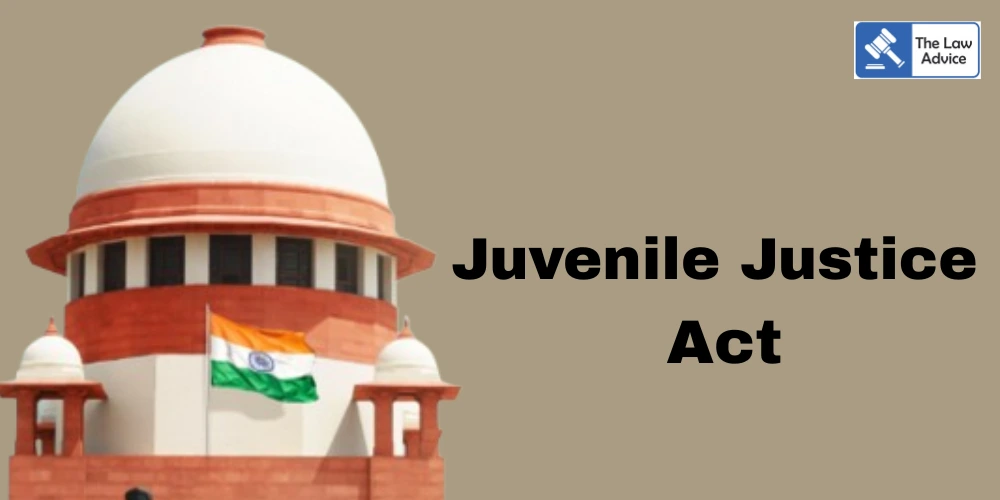In a significant reaffirmation of evidentiary discipline in criminal justice, the Supreme Court on August 1, 2025, refused to accept a school certificate as valid proof of age while dismissing a juvenility plea by a murder accused. The bench, consisting of Justice Pankaj Mithal and Justice Ahsanuddin Amanullah, held that when statutory records and medical reports contradict school data, the more official sources must prevail.
The accused approached the apex court claiming he was below 18 years of age at the time of a murder committed in 2012. His argument was grounded in a school admission entry, which showed his year of birth as 1995. If that were true, he would have been around 17 years old legally a juvenile.
However, the prosecution presented stronger documentary evidence including a Family Register maintained under local panchayat laws, a Voter ID, and a medical report all of which pointed to a 1991 birth year, placing him well into adulthood at the time of the crime.
The Court gave short shrift to the school document, noting that:
• It had no independent verification.
• It was created solely on the statement of the accused’s father, without supportive documentation.
• It was not contemporaneous or officially validated at the time of admission.
The bench relied on the legal framework under Rule 12 of the Juvenile Justice Rules, which prescribes a hierarchy for age determination:
1. Birth certificate from a government authority.
2. School certificate from the first attended school.
3. Matriculation certificate.
4. In absence of the above, a medical examination.
However, the judges made it clear: this order is not mechanical. Where the school record lacks credibility and statutory documents or medical opinions are clear and consistent, the latter must guide the Court’s determination.
This verdict reinforces the principle that juvenility cannot be claimed lightly, especially in serious criminal cases like murder. While the law protects genuine minors, it must not become a backdoor for adults to escape accountability by producing questionable school certificates.
The Court’s refusal to entertain unverified school records also serves as a caution to educational institutions and litigants who may attempt to manipulate documentary evidence post facto.
Case Title: Suresh v. State of Uttar Pradesh & Anr.
